Sibling studies
Recent articles
Featured articles
What baby siblings can teach us about autism
Studies of infants at risk for autism have not yielded a test to predict who will eventually be diagnosed. But they have transformed our understanding of the condition.
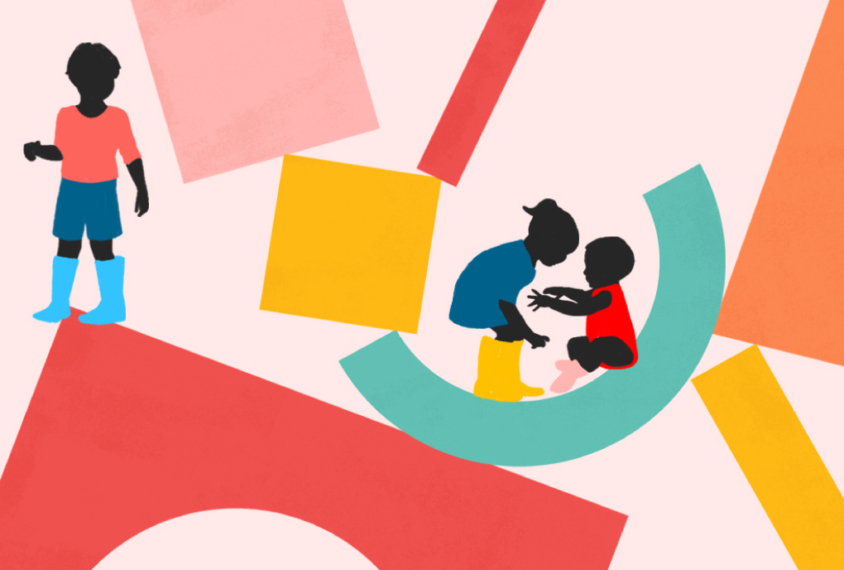
What baby siblings can teach us about autism
Studies of infants at risk for autism have not yielded a test to predict who will eventually be diagnosed. But they have transformed our understanding of the condition.
Spectrum Stories: Learning from baby siblings
Many parents with children on the spectrum enroll their newborns in research — to advance the field and to bring benefits to families such as theirs.
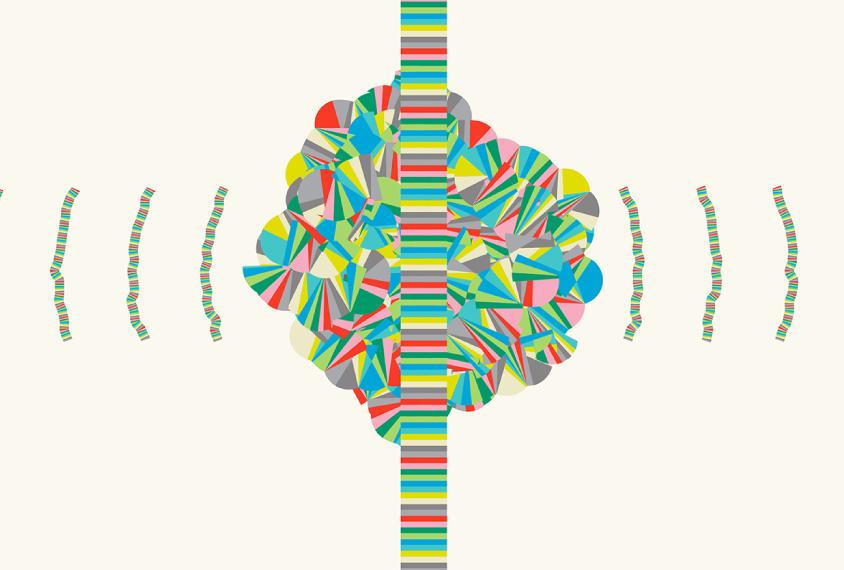
Spectrum Stories: Learning from baby siblings
Many parents with children on the spectrum enroll their newborns in research — to advance the field and to bring benefits to families such as theirs.
Parents’ interactions with infants may alleviate autism features
Teaching parents to respond to cues from babies at high risk of autism eases the severity of autism features at age 3.
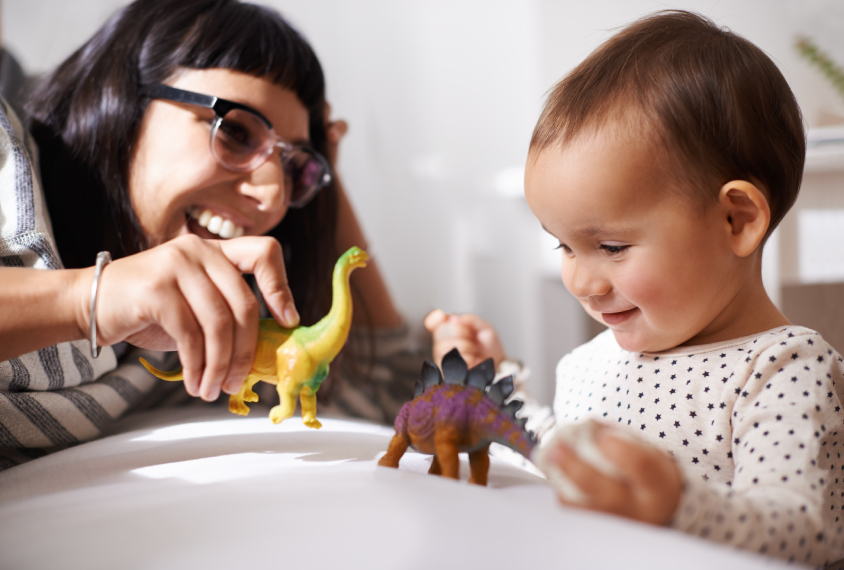
Parents’ interactions with infants may alleviate autism features
Teaching parents to respond to cues from babies at high risk of autism eases the severity of autism features at age 3.
From the archives
Brain scans may forecast autism in high-risk infants
Patterns of brain activity in 6-month-old babies accurately predict which children will be diagnosed with autism at age 2.
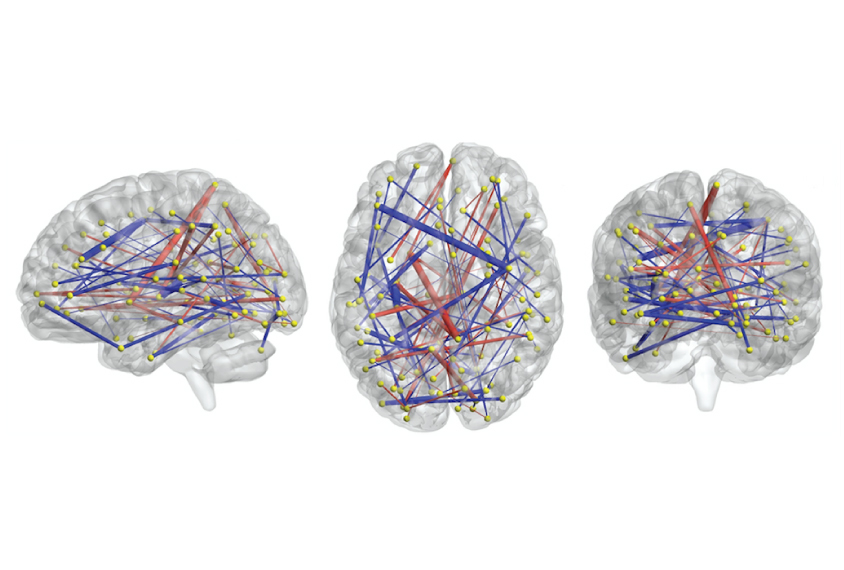
Brain scans may forecast autism in high-risk infants
Patterns of brain activity in 6-month-old babies accurately predict which children will be diagnosed with autism at age 2.
Excess brain fluid may forecast autism in babies
Some infants who are later diagnosed with autism have too much fluid between the brain and skull.
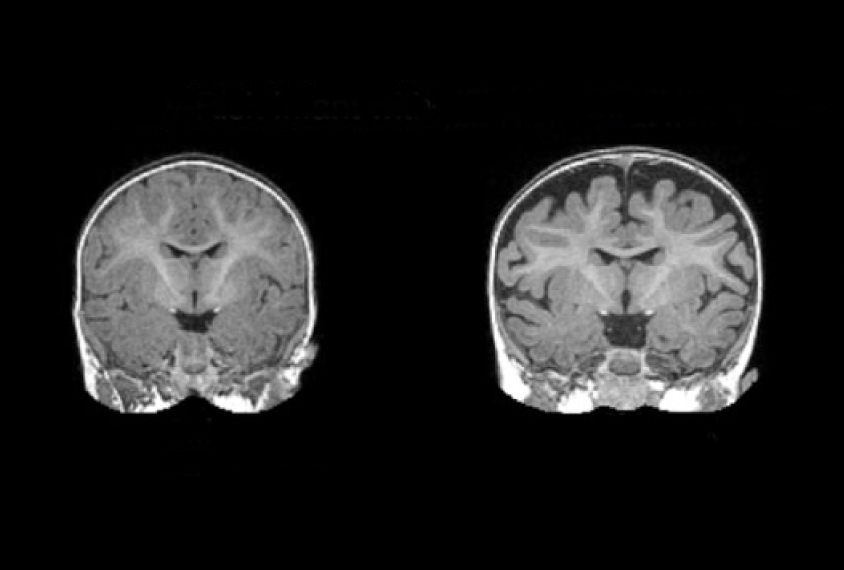
Excess brain fluid may forecast autism in babies
Some infants who are later diagnosed with autism have too much fluid between the brain and skull.
The social network: How everyday interactions shape autism
A new study is the first rigorous test of a controversial idea: that the everyday interactions between caregiver and child can shape the course of autism.

The social network: How everyday interactions shape autism
A new study is the first rigorous test of a controversial idea: that the everyday interactions between caregiver and child can shape the course of autism.
Lessons for parents may change autism’s trajectory
Coaching parents to provide early social stimulation may improve outcomes for children with autism.
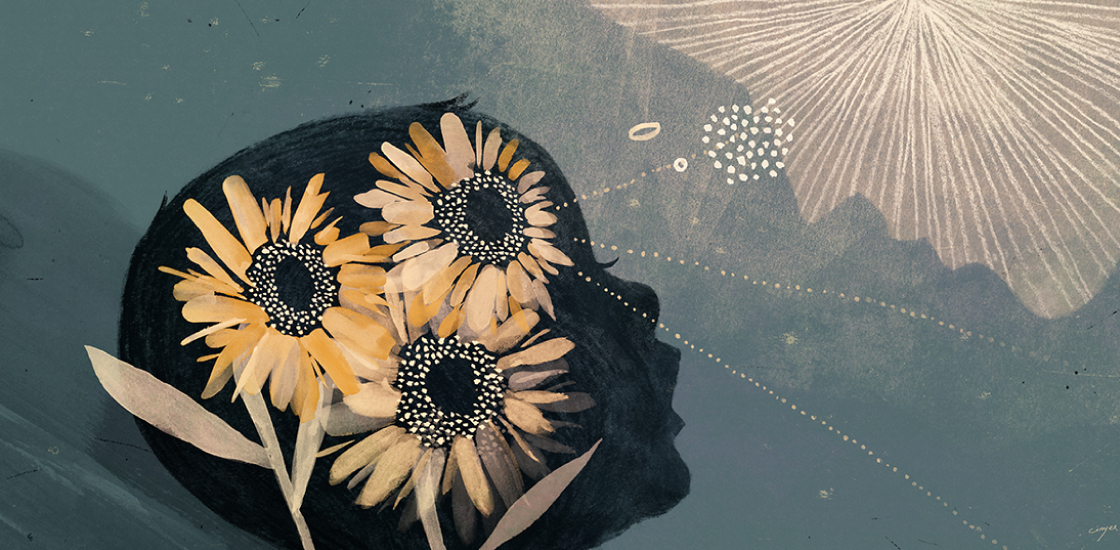
Lessons for parents may change autism’s trajectory
Coaching parents to provide early social stimulation may improve outcomes for children with autism.
Questions for Ilina Singh: Ethics of ‘baby sib’ studies
Researchers are studying the infant siblings of children with autism, with hopes of improving the disorder’s diagnosis and treatment. They need to recognize the risks of these ‘baby sib’ studies, cautions ethicist Ilina Singh.

Questions for Ilina Singh: Ethics of ‘baby sib’ studies
Researchers are studying the infant siblings of children with autism, with hopes of improving the disorder’s diagnosis and treatment. They need to recognize the risks of these ‘baby sib’ studies, cautions ethicist Ilina Singh.
Should scientists study mothers of children with autism?
Studying parents of children with autism has long been controversial, but that doesn’t mean scientists should avoid it.

Should scientists study mothers of children with autism?
Studying parents of children with autism has long been controversial, but that doesn’t mean scientists should avoid it.
Psychiatric problems common in siblings of people with autism
Mental health conditions crop up more than twice as often in families that include a child with autism as in the general population.

Psychiatric problems common in siblings of people with autism
Mental health conditions crop up more than twice as often in families that include a child with autism as in the general population.
Siblings of children with autism may show early setbacks
About 1 in 10 toddlers who have an older sibling with autism have cognitive and motor delays.
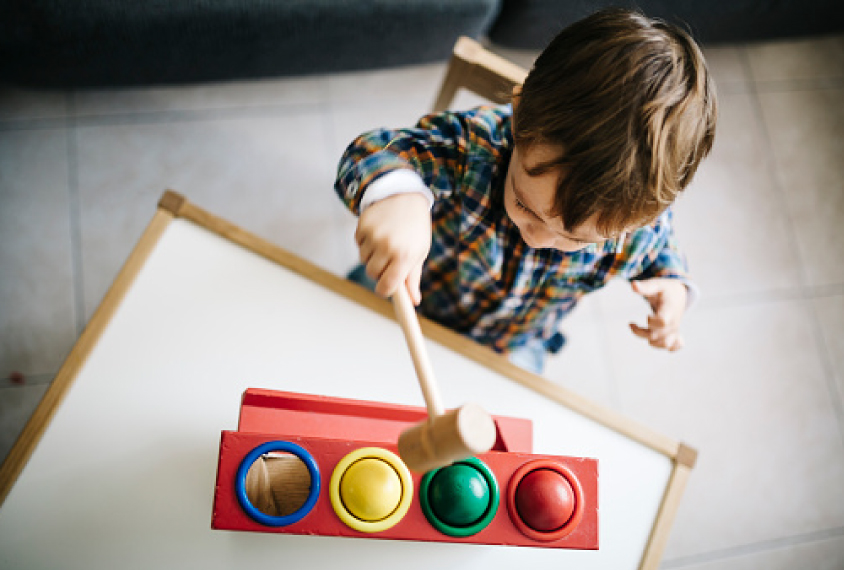
Siblings of children with autism may show early setbacks
About 1 in 10 toddlers who have an older sibling with autism have cognitive and motor delays.
Sensory abnormalities highlight early autism risk
Sensory abnormalities could be among the first signs of autism risk — and a target for early treatment.
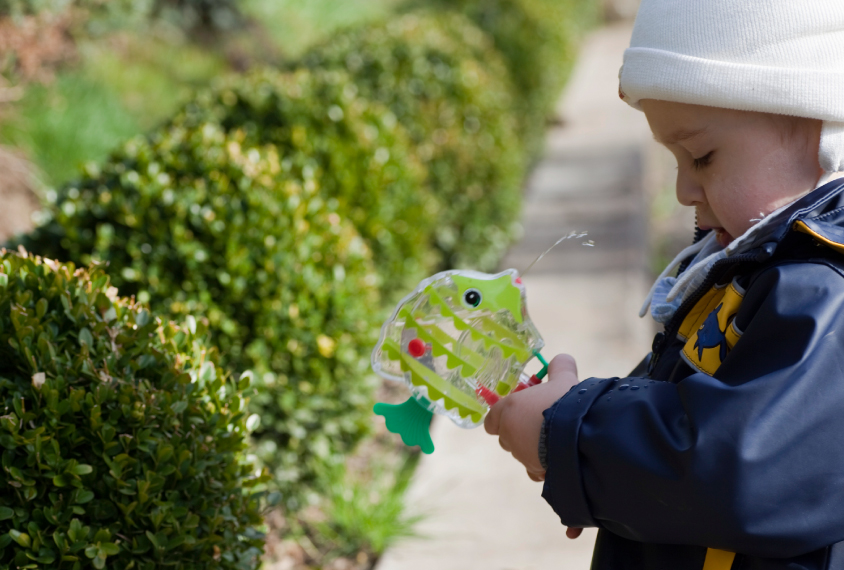
Sensory abnormalities highlight early autism risk
Sensory abnormalities could be among the first signs of autism risk — and a target for early treatment.
Survey for parents could flag autism in infants
Asking parents to fill out a questionnaire about their babies’ early skills could help clinicians spot signs of autism.
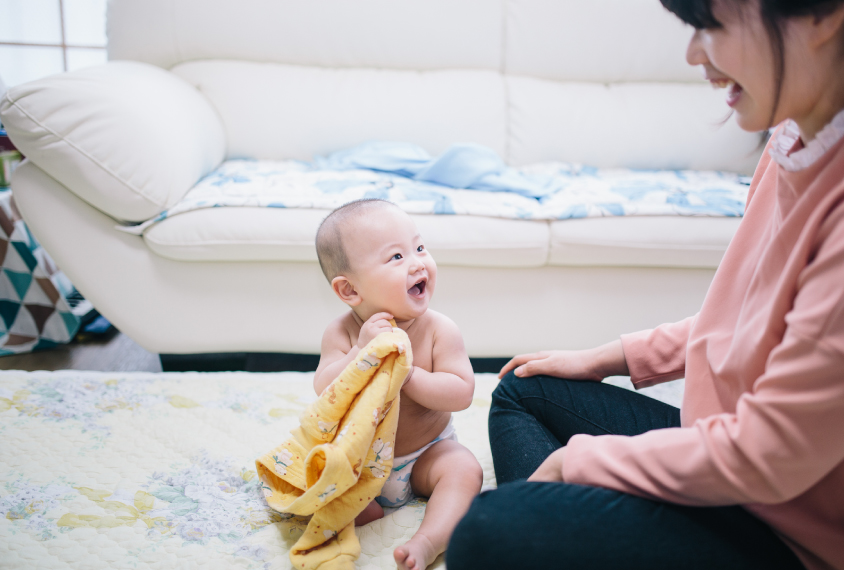
Survey for parents could flag autism in infants
Asking parents to fill out a questionnaire about their babies’ early skills could help clinicians spot signs of autism.
Rapid brain growth in infancy may signal autism
The faster the brains of children with autism grow in their first year of life, the more severe their autism features are likely to be at age 2.
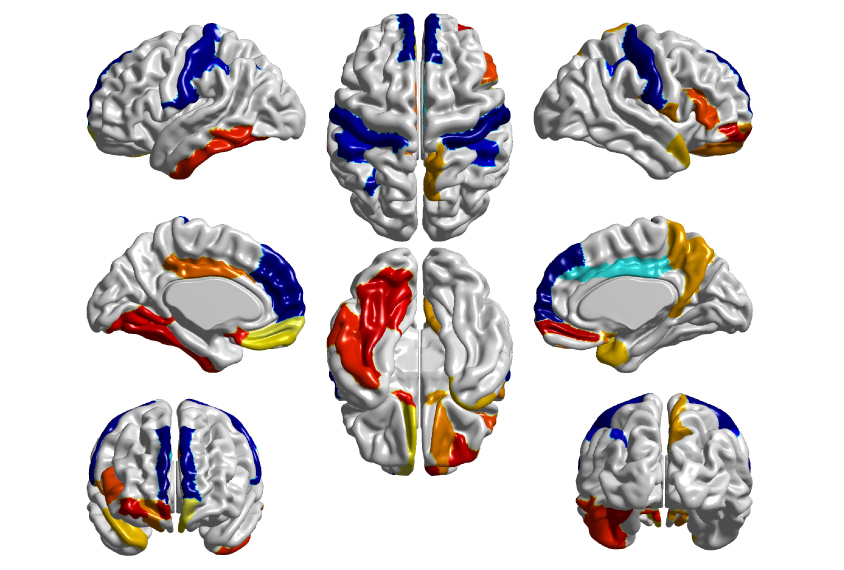
Rapid brain growth in infancy may signal autism
The faster the brains of children with autism grow in their first year of life, the more severe their autism features are likely to be at age 2.
Large study confirms high autism risk in ‘baby sibs’
Children who have an older sibling with autism are 14 times more likely to have the condition than are those without a family history of the condition.
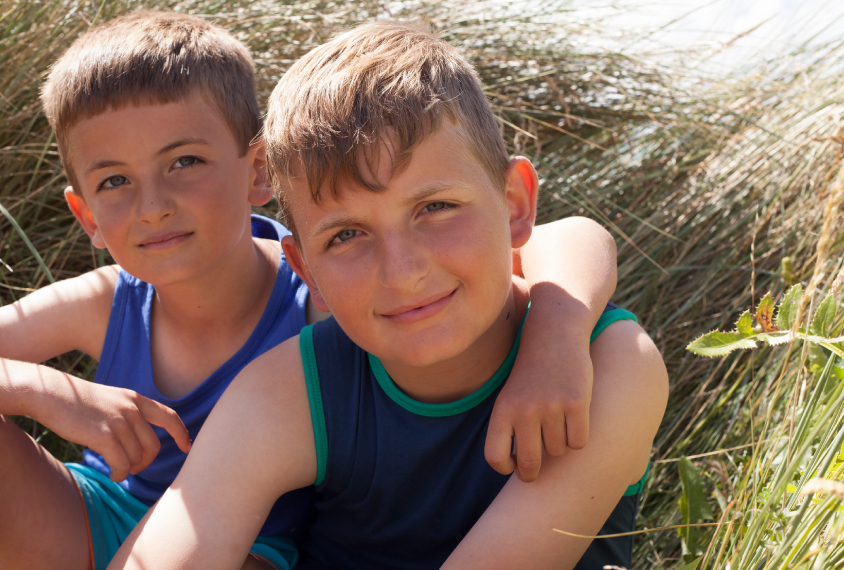
Large study confirms high autism risk in ‘baby sibs’
Children who have an older sibling with autism are 14 times more likely to have the condition than are those without a family history of the condition.
Explore more from The Transmitter
Dispute erupts over universal cortical brain-wave claim
The debate highlights opposing views on how the cortex transmits information.
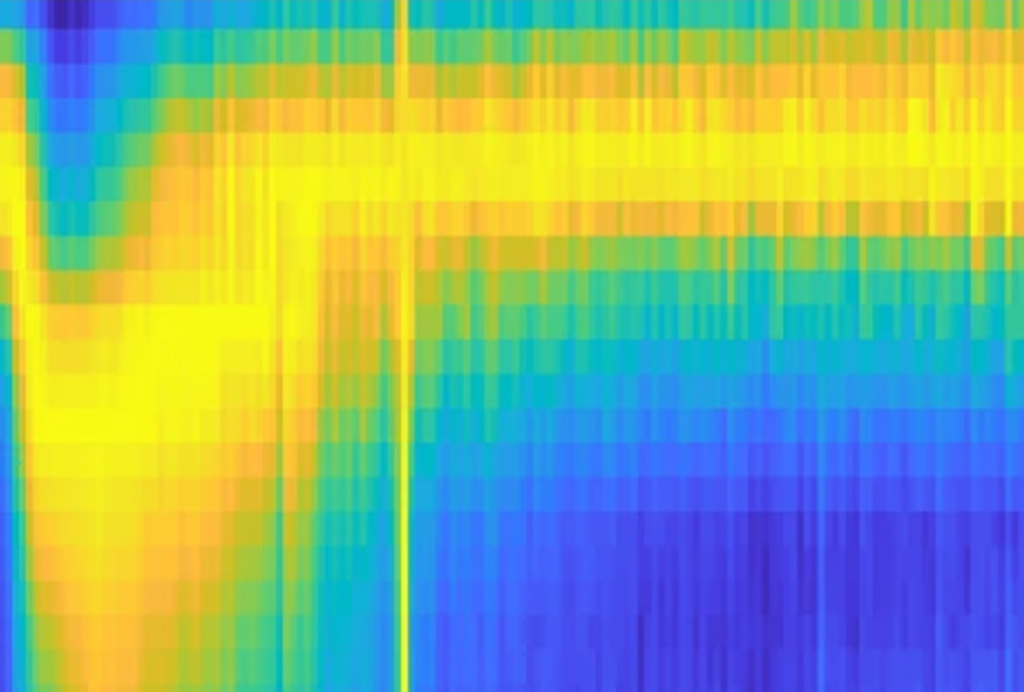
Dispute erupts over universal cortical brain-wave claim
The debate highlights opposing views on how the cortex transmits information.
Waves of calcium activity dictate eye structure in flies
Synchronized signals in non-neuronal retinal cells draw the tiny compartments of a fruit fly’s compound eye into alignment during pupal development.
Waves of calcium activity dictate eye structure in flies
Synchronized signals in non-neuronal retinal cells draw the tiny compartments of a fruit fly’s compound eye into alignment during pupal development.
Among brain changes studied in autism, spotlight shifts to subcortex
The striatum and thalamus are more likely than the cerebral cortex to express autism variants or bear transcriptional changes, two unpublished studies find.

Among brain changes studied in autism, spotlight shifts to subcortex
The striatum and thalamus are more likely than the cerebral cortex to express autism variants or bear transcriptional changes, two unpublished studies find.